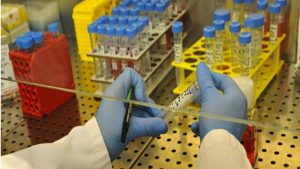
Scientific panel discussions on ZOOM / Two-week trip to Japan in 2021 financed by Inserm for 2 French fellows (under 45)
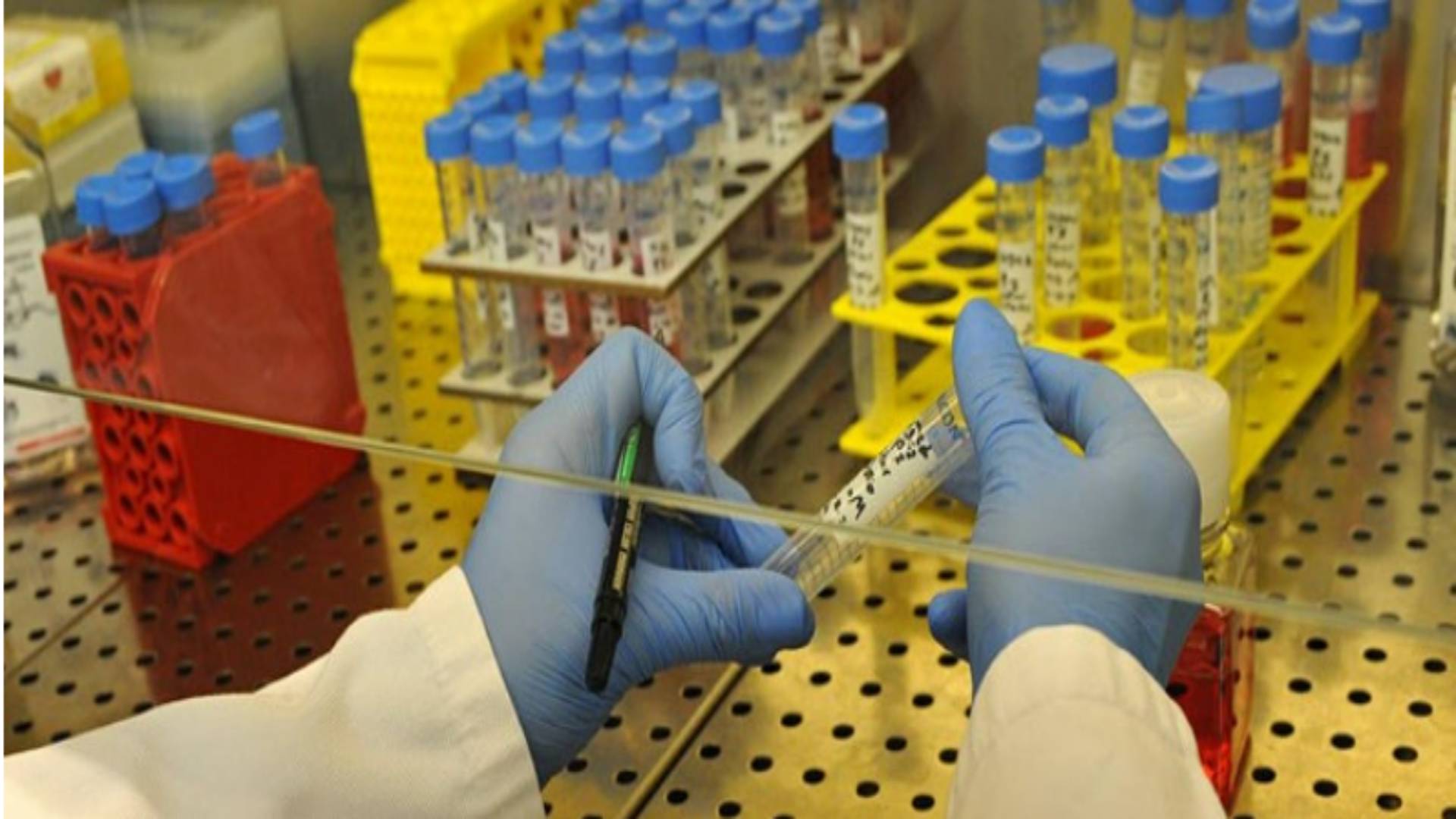
The aim of the seminar is to explore geographical differences between Asia and Europe in order to better understand the development and clinical validation of therapeutic innovation, possibly based on biomarker-guided therapies, or even biotherapies in the field of acute heart and kidney failure.
In order to promote scientific cooperations between France and Japan, Inserm will finance a two-week trip to Japan in 2021 for 2 French researchers under the age of 45 and working in the cardiovascular or renal area . If you are interested, please send an e-mail to carole.breviere@aphp.fr for more information. Applications deadline : September the 10th.
Seminar Agenda
(8:30 am -8:45) Introduction
- Speakers: Prof. Naoki Sato/ Prof. Alexandre Mebazaa / Hugues Boiteau (Inserm)/ Prof Catherine Chaussain (University of Paris)
(8:45-9:25) Session 1: From biomarkers to biotherapies in heart and kidney / Chaired by Dr. Kento Doi & Dr Chantal Boulanger
- How heart failure is damaging the kidney? (Dr. Atsuko Ikemori)
- The role of Galectin-3 in kidney failure-related heart dysfunction (Dr. François Depret)
- L- Fatty Acid-Binding Protein (FABP) (Dr. Shiro Ishihara )
- Circulating dipeptidyl peptidase 3: new hope for cardiogenic shock? (Dr. Alice Blet)
(9:25-10:00) Q&A
(10:00-10:15) Break
(10:15-10:55) Session 2: Epidemiology and mechanisms of heart failure / Chaired by Dr. Shiro Ishihara & Prof. Etienne Gayat
- Why heart failure related outcomes are different between Asia and Europe? (Dr. Eiichi Akiyama)
- Differences in drug trials results between Europe and Asia (Prof. Faiez Zannad)
- Ischemia (Dr. Hideo Tokuyama)
- Congestion (Prof. Naoki Sato)
(10:55-11:30) Q&A
(11:30-11:45) Break
(11:45-1:15) Session 3: Young fellows on stage
Jury: Dr Jean-Sébastien Silvestre/ Prof. Shibagaki/Dr. Jane-lise Samuel/ Dr Olivia Lenoir
- Contestants’ pitch
- Jury deliberations and announcement of the two winners
(1:15-1:30) Conclusion of the session
- Speakers: Scientific counsellor of Japanese embassy in France (asked) / Mr. Didier Marty-Dessus (French Embassy in Japan) /Prof. Naoki Sato/ Prof. Alexandre Mebazaa
Informations
Please note that this event wil take place on ZOOM , a link will be sent out to the registered people 2 days before the seminar.
An in person event is organised in Paris at Lariboisière Hospital (2 rue Ambroisé Paré; 75010 Paris): practical information about the venue will be available soon.
Register
À lire aussi
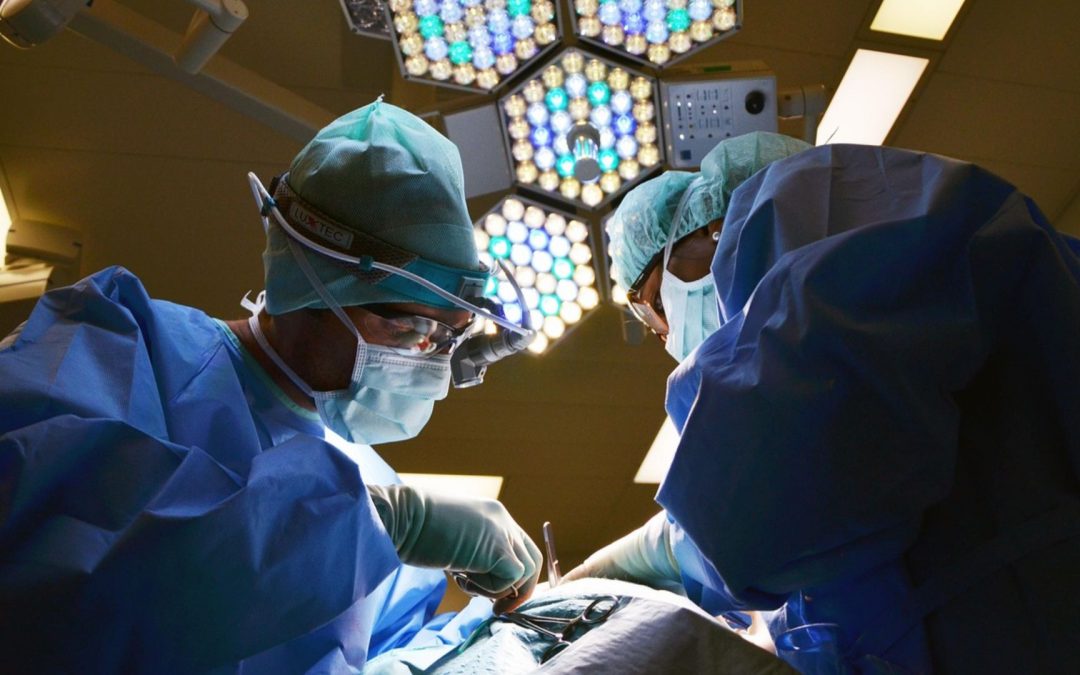
Vers une école de chirurgie d’excellence : le Campus chirurgical du Grand Paris
Ancré sur le site historique de l’ancien hôpital Broussais dans le 14ᵉ arrondissement, le Campus chirurgical du Grand Paris incarne un tournant majeur pour la formation, la recherche et l’innovation en chirurgie. Cette nouvelle École de Chirurgie, fruit...
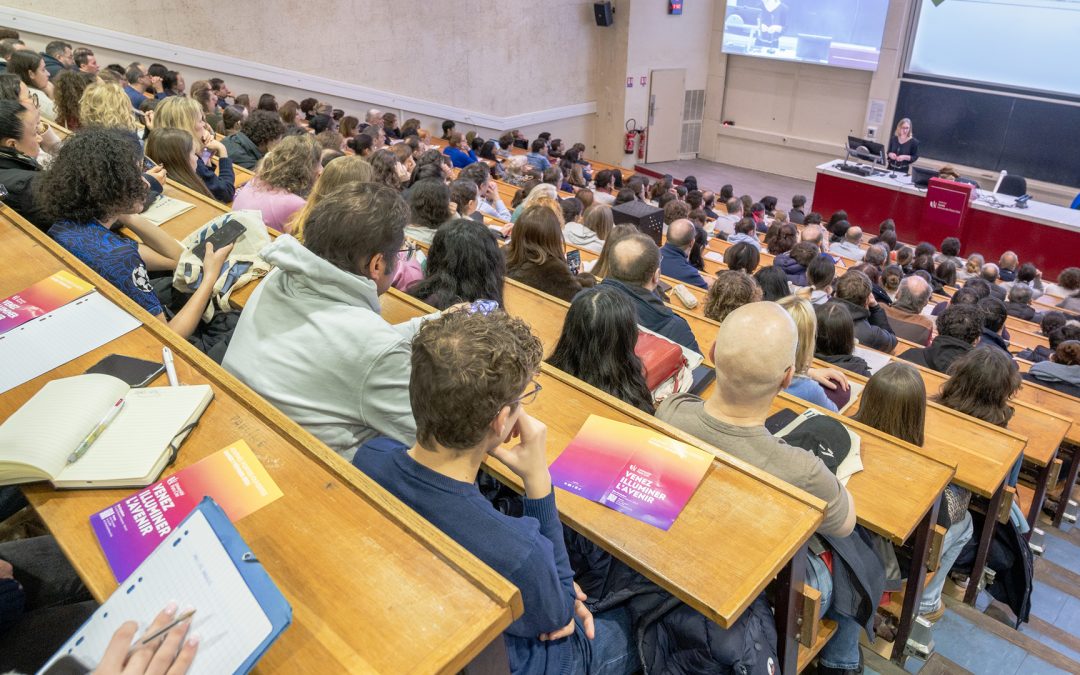
Retour sur la Journée Portes Ouvertes du 7 février
Le 7 février, la Faculté de Santé a accueilli le public sur le site des Cordeliers à l’occasion de sa Journée Portes Ouvertes, un rendez-vous très attendu par les futurs étudiants et leurs familles. Cet événement a rassemblé les quatre composantes :...
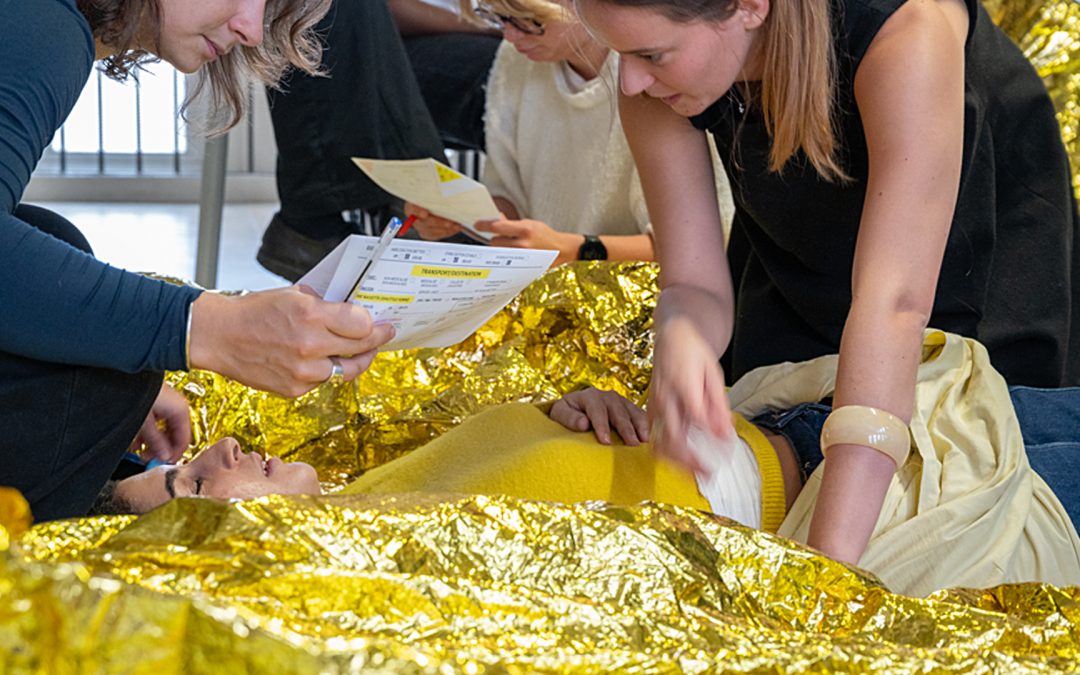
Préparer les futurs médecins à gérer des urgences terroristes : une formation essentielle à l’UFR de Médecine de l’Université Paris Cité
Face à l’évolution permanente des risques collectifs, y compris les attentats ou situations de violence de masse, la préparation des professionnels de santé à intervenir efficacement en cas d’urgence extrême est plus que jamais une priorité. Dans ce cadre,...
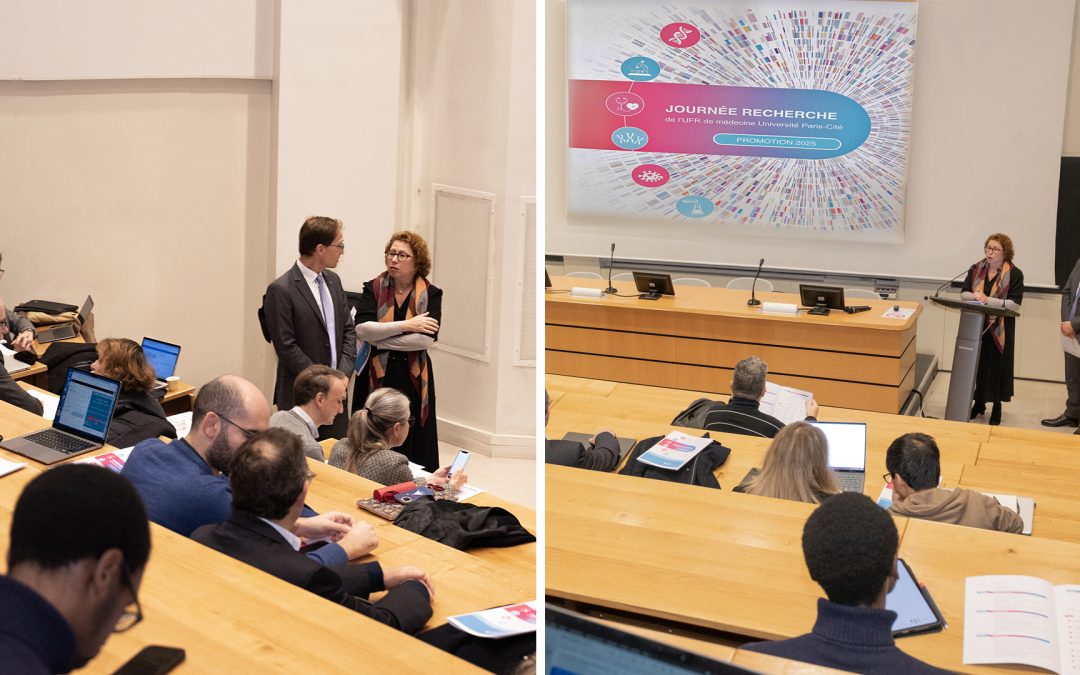
Retour sur la deuxième édition de la Journée de la Recherche
La deuxième édition de la Journée de la recherche de l’UFR de Médecine de l’Université Paris Cité, organisée le lundi 26 janvier à Odéon, a réuni la communauté universitaire autour d’un programme riche, illustrant la diversité, l’excellence et le dynamisme...
